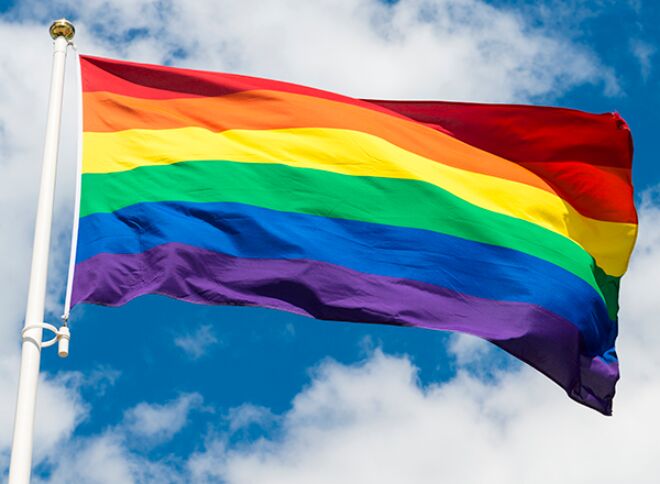Between hope & resignation

For a country that is frequently criticised for its many claimed human rights violations, China has an unusual relationship with the LGBTQ community which is hard to define as being one way or the other. The fact that LGBTQ rights clashed with traditional Chinese structures of marriage, family and community meant that there was a great societal stigma related to the whole matter. But, surprisingly, China decriminalised homosexuality back in 1997, more than 20 years before India, a democracy did likewise. In 2001, homosexuality was officially taken off the list of mental illnesses and disorders. Furthermore, in 2008, the NGO Beijing LGBTQ Centre was set up, one of the many NGOs that continue to function in China, staging demonstrations at a time when the Chinese state is actively cracking down on pro-democratic dissenters. Several court rulings in recent years have also upheld the rights of the LGBTQ community. Even the official CCP international issues English mouthpiece 'The Global Times' has given plenty of attention to the community and its issues with its guidelines allowing for interviews with LGBTQ groups to be published. All this paints a highly unusual picture of China that clashes with the many accusations that surround the heavy-handedness of the CCP in Hong Kong or Xianjing. But this does not mean that the life and experience of China's significant LGBTQ community have now become overwhelmingly positive. Indeed, China is very much stuck in the middle. While gay bars and pride parades popped up, age-old prejudice and discrimination very much remain. This ranges from personal biases to those that surround more institutional practices like employment discrimination. Indeed, as many have noted, even though homosexuality is no longer a listed mental disorder, many Chinese textbooks still identify it as such, even resisting attempts to get such inaccuracies corrected. This year, China's LGBTQ community was disappointed once again as the movement to legalise gay marriage in China suddenly had the wind taken out of its sails when Chinese officials dismissed gay marriage as being against Chinese culture and that the Chinese marriage system only recognises a union between a 'man and a woman'. The trans community has faced similar challenges with many surveys showing that close to half of gender minorities in China do not identify themselves to even their family, let alone their place of work. Indeed, those that have come out have reported widespread discrimination and demonisation. This is reflected in the fact that in 2017, the unemployment rate amongst the trans community in China is 12 per cent, three times higher than the national average for the same time period. This has meant that the LGBTQ community continues to suffer from domestic violence, employment discrimination and many mental health problems amongst the immense societal pressure to conform.
This mixup on stance has created highly unusual displays of confusion on the matter. For instance, while the official Twitter account of the People's Daily, the CCP's official newspaper, celebrated Pride Month, it later deleted that very same tweet. Similarly, while China's notorious censorship board removed all scenes of homosexuality from the movie Bohemian Rhapsody, the latest Star Wars movie was allowed to retain similar scenes only months later. The reasons for such confusion largely relate to how LGBTQ issues are not viewed as particularly important for the CCP. The issue is not perceived to infringe upon the authority of the party in any way and is thus tolerated. On the other hand, because it is not a frequent source of concern, official direction on the same remains vague and without any clear future direction. Still, some consider the glass half full on this matter. The continuing struggle for LGBTQ rights in China shows that the CCP is willing to consider civil liberties that do not challenge its authority. As China reaches out for the world, many LGBTQ activists feel that the Chinese establishment could eventually be led to recognising the community and its rights. As China prepares for its once in a decade census, the issue of official recognition of the community in China is once again up for debate.



